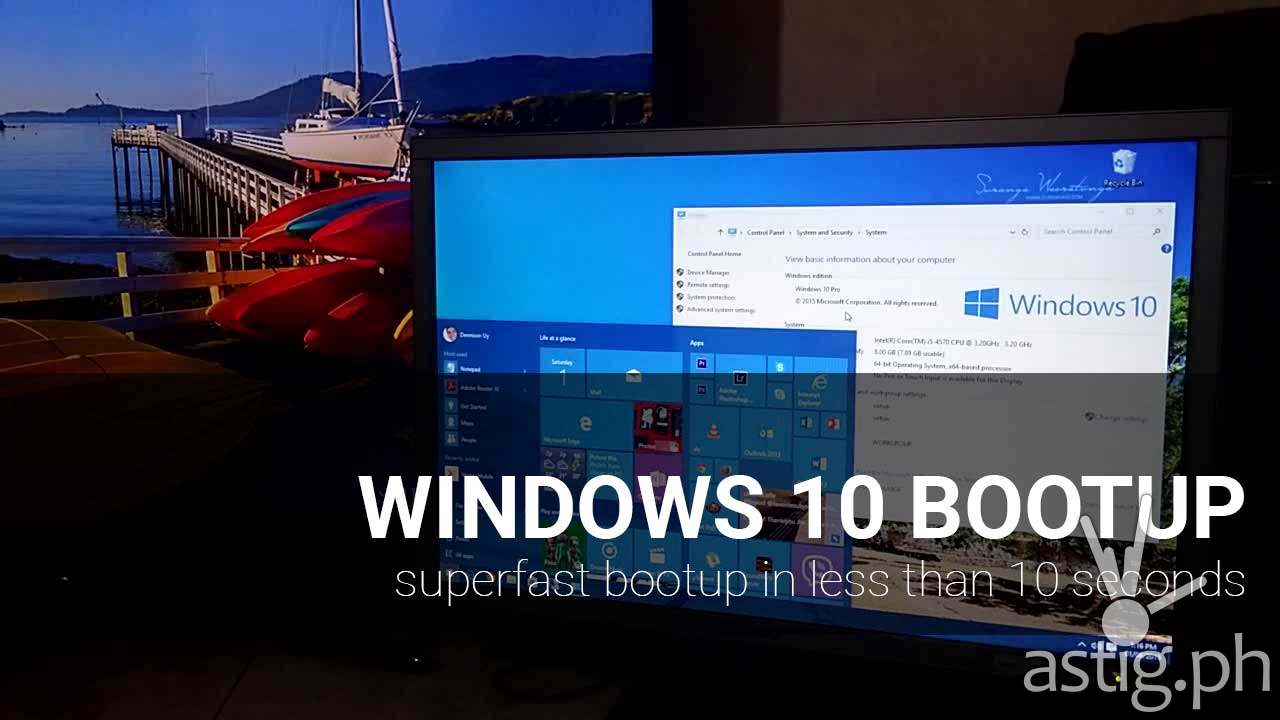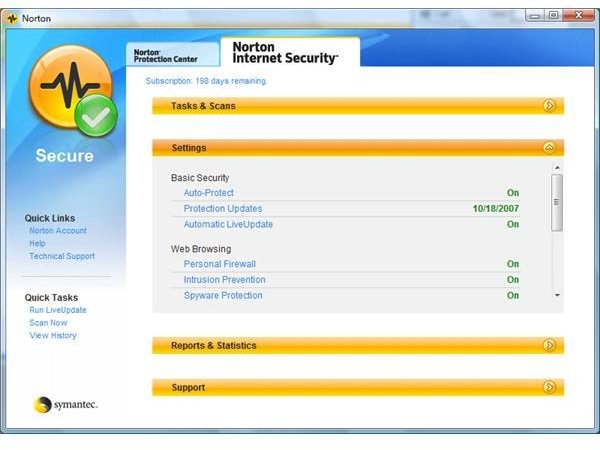

I've checked the performance during this time and both cpu and memory are barely being used.
Windows 7 long boot time windows#
And after windows finally comes up it is extremely slow for the next several minutes.

Booting the 760's is fine it loads to the login screen very fast but when logging in with any account (local, domain, admin, user) the first login after a reboot takes 2-3 min even if the user has already has a profile on the pc. The 780's seem to login fine although I'm wondering if the faster ssd is the only reason it seems to not be happening. What I'm seeing only seems to be happening on the 760's. The 780's are equipped with an ssd and 4gb ram. I've created a custom image and applied to many Dell 760's, 780's and a couple others for testing. Hope this helps as a start.I know this subject has been beat to death but the issue I'm having seems to be a little different and I'm not coming up with any fixes. However, I'm just a computer hobbyist/philanthropist that likes to donate a couple hours to my friends if they're having Windows crises. Obviously you could spend your life tweaking the machine, and people do that too. He has even provided several suggested setups based on your version of Windows & whether you're going all-out barebones or prefer a more conservative Windows operation. However, Black Viper has a pretty awesome breakdown of every single tedious thing your Windows services may be doing (or not doing) so you can decide to stop or delay each one (could be 100's) in order to help general performance.

services.msc - Same precaution as msconfig - don't touch these services if you're not informed on what they do or you could really do the opposite of helping.If you don't feel comfortable tweaking your core Windows installation, then stay away from this. This is probably the advanced version of items #3 & #4 above. msconfig - Utilized via start menu or run command.It's not like VNC or remote desktop - it is just a way to quickly monitor their current performance and see if they may have unknowingly re-crapified their machine later. Also, you have the ability now to remotely assist another user with the application installed via your own browser at home. It goes beyond just start-up, and addresses things that may slow down normal tasks such as browser extensions. Soluto - An alternative to picking & choosing your start-up applications with CCleaner is using Soluto to optimize the whole process for you.I mean, you REALLY don't need Adobe or even Java Updater to go off automatically on boot - these are things you should run as-needed if you need that extra power just to get going. Also has a start-up tab that will allow you to turn on/off any unnecessary start-up applications.

At this point you can clean up any other garbage left behind from uninstalls. CCleaner - Mentioned in a previous answer.Revo Uninstaller - Hand pick your programs to uninstall and you can be sure all of the excess crap is removed from the registry or start menu.
Windows 7 long boot time Pc#
Windows 7 long boot time portable#
Usually I have a pre-installed copy of Liberkey on USB, but PortableApps works too, and I use these programs to create a "repair drive" that is very portable and can easily be imaged onto a flash drive for the other user if they need to address any issues in the future. When asked by friends & family to clean up their machine and improve start-up performance, I have a general checklist of the programs I bring along.


 0 kommentar(er)
0 kommentar(er)
